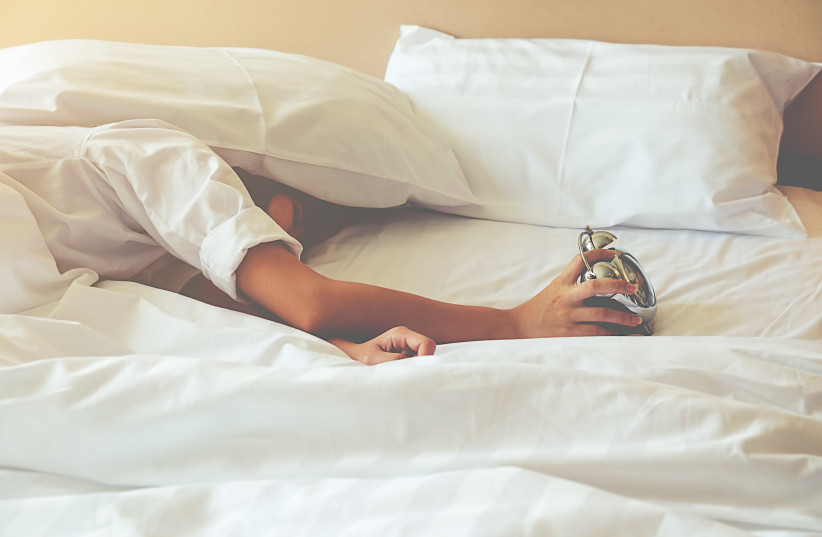If you feel that it’s harder for you to get up in the morning or if you fall asleep much earlier you’re not alone.
New research suggests that humans may need more sleep during the colder months. An analysis of people who participated in sleep studies found that people had more REM (rapid eye movement) sleep in the winter months.
While the total sleep time in winter is about an hour longer than in summer, this result wasn’t considered to be statistically significant. Yet researchers found that REM sleep, which is directly linked to the biological clock that’s affected by the change of light, was 30 minutes longer in winter than in summer.
The study, published in the journal Frontiers in Neuroscience, indicates that even in an urban population that experiences sleep which is often interrupted by excess noise, humans have longer REM sleep in winter than in summer and less deep sleep in autumn as well.
Researchers studied 188 patients at the clinic who slept in a special laboratory. Participants were told to sleep as usual but without an alarm clock. The length and quality of their sleep was measured and scientists found that overall sleep time jumped by about an hour in the winter, which they said wasn’t a meaningful measure on its own.
What really caught their attention was the extra 30 minutes of REM sleep, which is the fourth stage of sleep known as the dream stage and driven in the winter months by the biological clock, which participants experienced.
Sleeping by the season
Dr. Dieter Kunz, study author from the Clinic for Sleep and Chrono-Medicine at St. Hedwig Hospital, Germany, explained that seasonality is everywhere and in every living thing on this Earth. Although we function in the winter as we do in the summer, human physiology is regulated, with a feeling of running on fumes in February or March in the northern hemisphere.
Kunz added that companies should adjust sleep habits including length and timing to the season or adjust school and work schedules to seasonal sleep needs.
While researchers acknowledge that results need to be verified in people without sleep difficulties, seasonal changes may be even greater in a healthy population elsewhere in the world.




